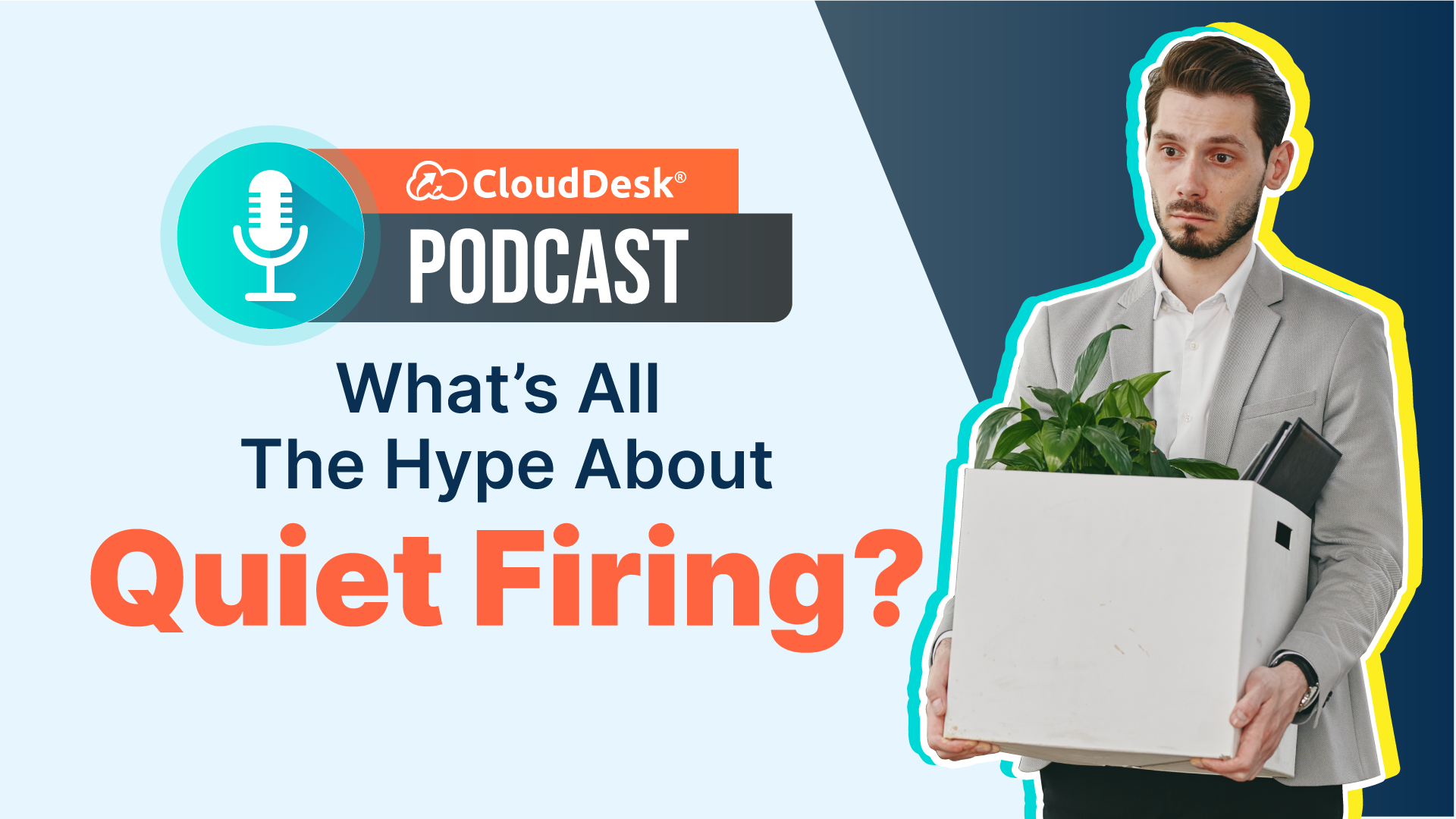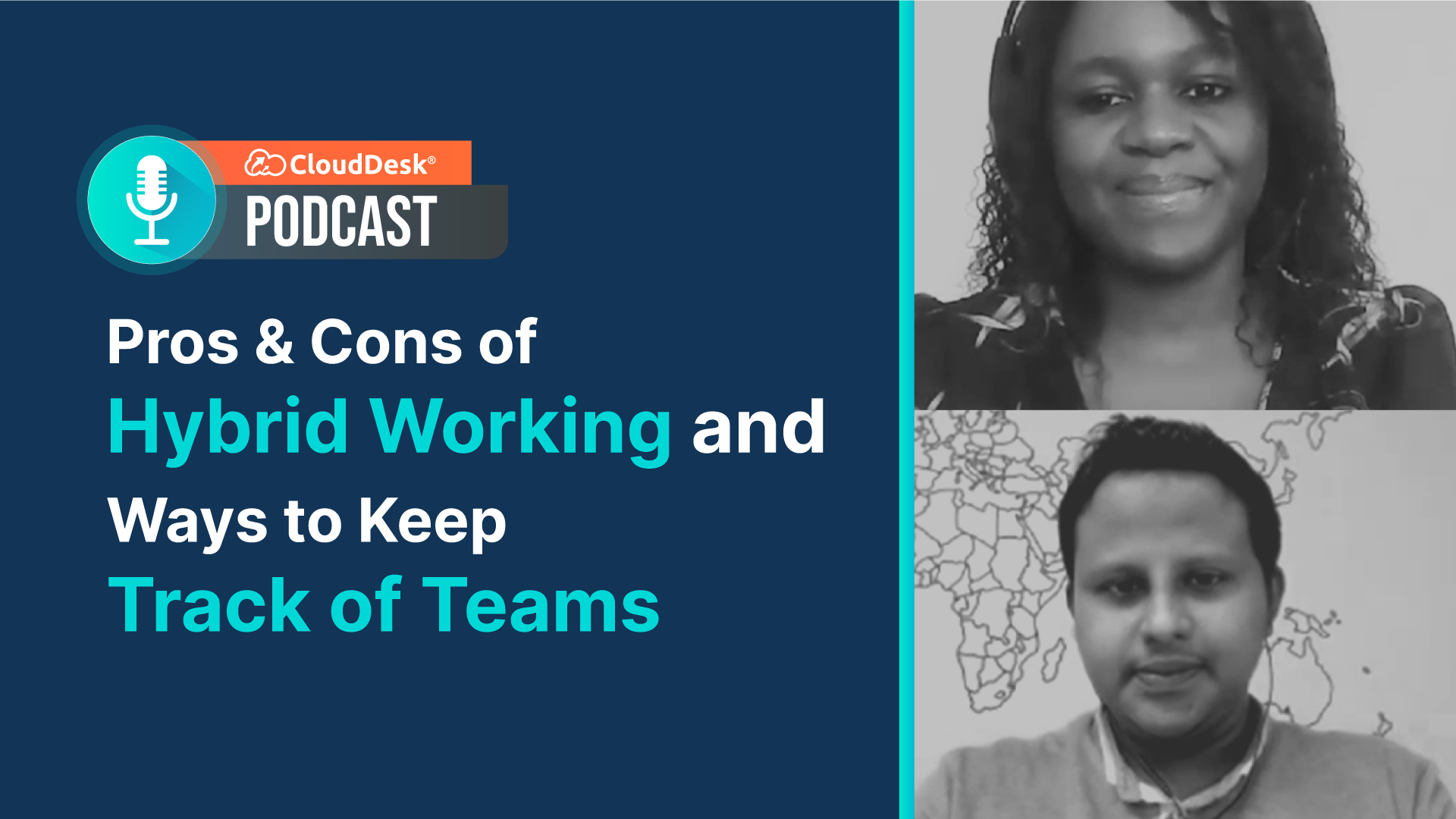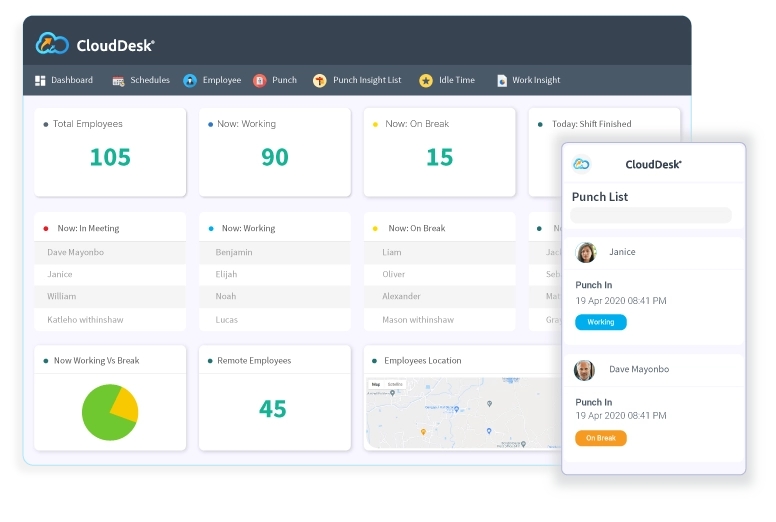You may have heard of quiet quitting before now we’re talking about quiet firing. Let’s connect the dots. Quiet quitting is when burned-out workers don’t quit but don’t do anything extra, they show up to work and do their job but with no extra duties. To have a better work-life balance, Employers are now talking… Continue reading What’s All The Hype About “Quiet Firing”?
What’s All The Hype About “Quiet Firing”?

You may have heard of quiet quitting before now we’re talking about quiet firing. Let’s connect the dots. Quiet quitting is when burned-out workers don’t quit but don’t do anything extra, they show up to work and do their job but with no extra duties. To have a better work-life balance,
Employers are now talking about quiet firing. It’s when bosses do the bare legal minimum to get unwanted workers to quit that can mean denying raises, piling on work without giving extra resources, or picking favorites and ignoring everyone else. They use passive-aggressive tactics to make people quit. The topic quiet firing is generating some noise on the internet, but many people still don’t have a clear idea about it, and many might face this issue without realizing it.
So let’s see what our Marketing Manager thinks about quiet firing.
Podcast Transcript
Stanly: Welcome, everyone, to the first podcast of CloudDesk productivity monitoring software. I am Sudipta Stanly from M2SYS Technology. Today, I have with me my colleague, Shaon. He is the marketing head at CloudDesk. Thank you, Shaon, for joining me in this discussion.
Shaon: Hi, Stanly! Thank you for inviting me.
Stanly: Today, we will discuss the interesting topic of “quiet firing,” which has been generating some buzz around social media for a while now. The term refers to the managerial practice of discouraging certain employees from pursuing certain positions. In other words, it can mean not giving employees meaningful feedback, avoiding engaging with them, leaving them out of important meetings, or not giving them any promotions or pay raises. All of these can be quite demotivating for every employee. What do you think, Shoan? Have you heard of the concept of quiet firing?
Shaon: As a matter of fact, I have. Just yesterday, I was looking at my LinkedIn feed and noticed a news poll that indicated that almost 48% of current U.S. employees had had this kind of experience.
Quiet quitting especially started after the pandemic, as employees began disengaging from work after not having gone to the office in a very long time. They were locked into their homes and basically became disconnected from their jobs.
But now, the focus has shifted from quiet quitting to quiet firing, right? So, basically, what’s happening is a response to quiet quitting, where employees were not interested or not giving their hundred percent into their jobs. In some cases, due to mental issues, staying at home for a very long period made them reluctant to go to the office and made managing or adjusting their work-life balance back to where it was before the pandemic particularly difficult. As a result, they’re not interested in returning to the office due to quiet quitting. In response, businesses have started quiet firing because economic stability has put them in a very tough spot, and they can’t afford any more quiet quitting or disengaged employees. Overall, employees are not performing up to their potential or are not as productive as before.
Stanly: I can say that the pandemic hugely affected this behavior. What do you think, then? Why do managers engage in such behavior?
Shaon: Well, like I said, the employees who performed well before are not giving their 100% right now, for whatever reason. Quiet quitters are actually bringing bad vibes into the workplace, which is bad for the entire team’s morale as they are spreading bad energy throughout the workplace. But that’s just one part of it. In other cases, managers feel that they’re not as productive as before, and due to the recent economic situation, it’s a do-or-die situation for organizations all around the globe.
Also, many businesses are going out of operation due to the current competitive market and global instability. And last but not least, there is obviously a chance that corporate politics come in so many different prompts. For instance, our manager is not allowing his subordinates to open up ladders, especially female employees. There can also be other kinds of politics, such as nepotism or favoring someone more than others. So, there are many other reasons a manager might engage in quiet firing.
Stanly: I do agree with you about corporate politics. I think most employees, at some point in their careers, face corporate politics, and you also mentioned that measures feel like remote employees are not productive enough. After having started working from home, they have to manage many tasks and disengage from their managers. So, what do you know about being quiet, firing, and quietly fired?
Shaon: Well, whether you are working from the office or remotely, there are a few things you can look out for to figure out whether you are being quietly fired or not. Basically, what quiet firing means is that your manager, supervisor, or the person in charge of your daily tasks is not appreciating whatever effort you’re putting into the work.
Now, suppose you’re putting your heart and soul into your daily activities. In that case, it is your right to be recognized or given feedback when comes the time for appraisal or review. So, if you feel you are being quietly fired from work, there are quite a few indicators you can look out for.
For example, sometimes, managers start to consistently pass over the year when it’s time for the appraisal, or you are being passed over for promotions or raises, and you’re not even given feedback as to why others are being elevated at faster dates than yours.
Another sign could be that you’re not given constructive feedback when submitting an assignment or task. Or, some different assignments or shifts are below your abilities, or the assignments assigned to you are separate from your colleagues, which can also be demoralizing.
Then, you may also not be given the information you need to complete a task, which means you won’t be prepared enough, even if you try to complete it. Sometimes, your manager may also not be taking the time needed to connect with you individually to give you feedback. Sometimes, you may also be left out of meetings, be harshly criticized for your different tasks or assignments, be left out of calendar invites and key discussions, or your opinion or ideas may basically be dismissed immediately. These are some signs you can look out for to figure out whether you’re being quietly fired or not.
Stanly: Yeah, I totally agree with you, particularly about the points you have mentioned regarding promotions and raises. For instance, if one employee doesn’t get any feedback from their managers or at the end of the year, they don’t get any promotions. This can be quite demotivating for any employee. What do you think about quiet firing, and what can employees do?
Shaon: Well, it’s tough to put in extra effort in a workplace that seems designed to push you out. But you can if you think you have been misunderstood or want to fight for your position. I mean, you can start saving time if you’d like if you feel like you’re being fired behind your back.
You can also start using an employee-friendly activity-tracking tool, like CloudDesk. You can use it to voice your concerns to HR as evidence against your manager. By doing so, you can hold your managers accountable.
If you’ve already been dismissed, you can request a private meeting with your boss. Suppose you believe that your dismissal was accidental. In that case, the circumstances of your dismissal may have resulted from a major miscommunication rather than any malicious intent. You can show them the proof of your report on CloudDesk.
Stanly: I agree with you that employees should use CloudDesk. In case you guys don’t know what it is, CloudDesk is an activity-tracking software with features that can help employees keep their confidence and that can prevent quiet firing. I think every employee should use this kind of software. As I mentioned, CloudDesk is great to boost employees’ productivity, improve their compliance, and enhance performance. What do you think, Shaon? Can managers do anything about quiet firing?
Shaon: Employers are responsible for looking after their workforce’s mental health and well-being. Part of that relies on open dialogue and communication. In that way, the tendency to quietly quit will be reduced, and there will be fewer situations where managers have to quietly fire employees.
Stanly: Thank you very much for your time. It was a pleasure to have you with us today. Thank you for sharing your valuable knowledge and explaining all the important information about quiet firing and how employees can prevent this phenomenon. You have mentioned CloudDesk. I think employees should look into the software. That’s it for today. I hope to see you soon!
Shaon: Thank you for having me today.
From the discussion, we have gathered some valuable information from the marketing manager of CloudDesk. He pointed out some crucial hints employers use when they intend quiet firing. He mentioned activity tracking software CloudDesk where employees can keep track of their daily work activities and clearly see their productivity. Employer can also use this groundbreaking solution to monitor their remote and office employees to keep an eye on their employees. CloudDesk analyzes the remote team’s PC/Laptop activities, empowers them with analytics to be more productive, and helps you to optimize processes for higher growth. Thus both employees and employers can both quiet quitting and quiet firing.
Similar Posts



